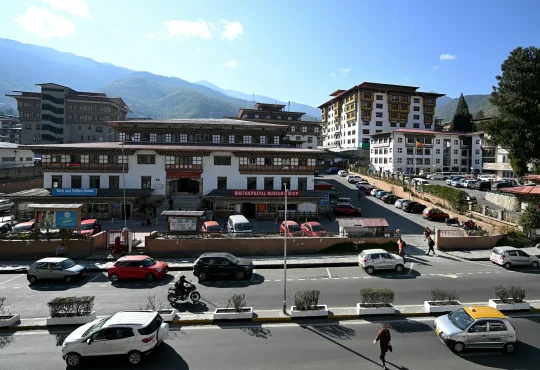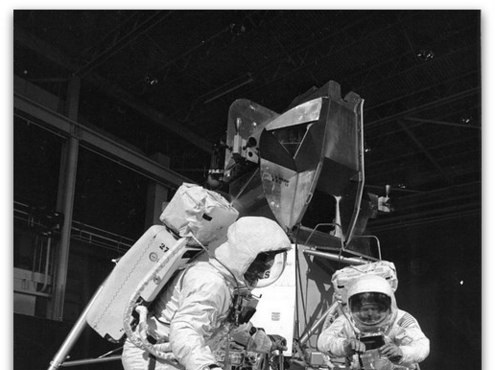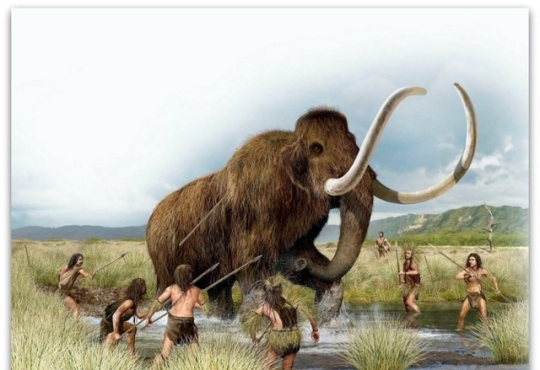The country is undergoing terrifying changes, experts warn | “This is an unprecedented problem”

The Earth’s rotation is changing due to climate change, which worries experts.
Research published in the journal Nature shows that the melting of the ice at the Earth’s poles affects the speed of its rotation. This could cause the addition of the “leap second” to the global clock to be delayed until 2029 instead of the planned 2026.
Melting ice has profound implications for our planet’s core, which speeds up Earth’s rotation.
While this shift may seem like an isolated phenomenon, its ramifications extend to broader systems, including the way timekeeping works globally, reports Indy100.
As the ice caps disappear, the pressure on the Earth’s core changes, resulting in an acceleration of rotation.
This acceleration of rotation not only affects the length of the day, but can also disrupt the way the Universal Time Clock (UTC) maintains its accuracy.
A serious situation
The world relies on Coordinated Universal Time (UTC) to synchronize all the various aspects of global communications, including financial markets, air traffic, telecommunications and computer networks. That’s why even the smallest changes in that network can have a significant impact on everyday life and business.
Duncan Agnew of the University of California at San Diego explains that the timing problems will occur earlier than expected, due to the rapid melting of the ice. This is just one of the many ways climate change affects fundamental aspects of our daily lives and the functioning of global systems.
“Extrapolation of trends for the core and other relevant phenomena to predict future Earth orientation indicates that UTC as now defined will require a negative discontinuity by 2029,” Agnew said.
“This will present an unprecedented problem for computer network timekeeping and may require changes to UTC earlier than planned.” “If the melting of the polar ice had not accelerated recently, this problem would have happened three years earlier: global warming is already affecting global timekeeping,” he concludes.








